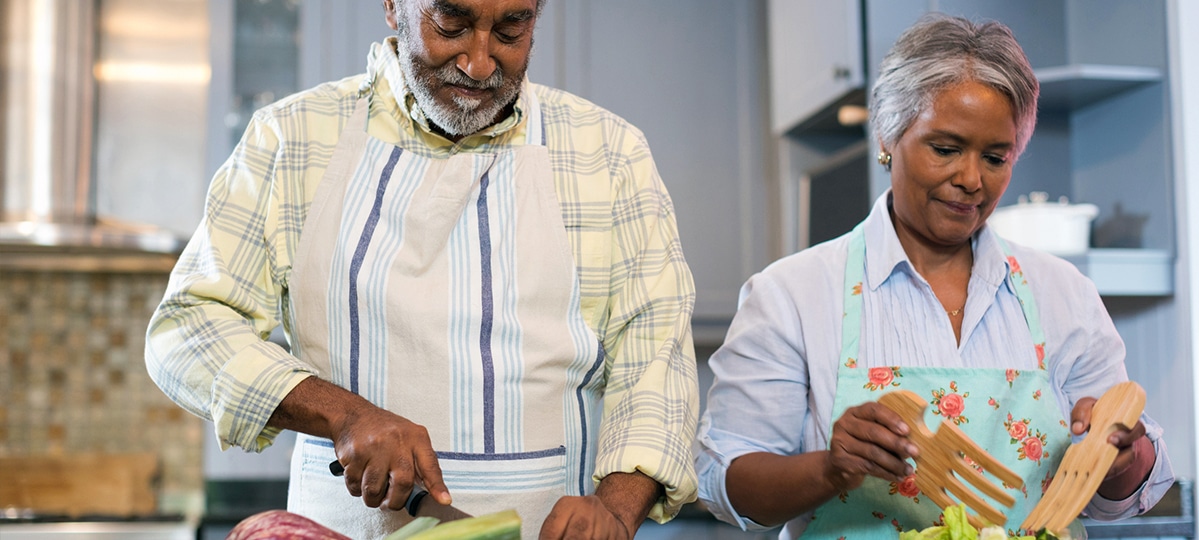Throughout our lives, our nutritional needs change. As we age, our eating habits also change. Once people retire and the children are on their own, they often don’t eat regularly, either.
Senior nutrition is important to maintain health. We don’t get as much exercise, our bones become more brittle, and our hearing and eyesight start to fail.
In order to maintain a healthy lifestyle, nutrition is key. Here are a few essential nutrients a senior needs and where to get them.
Essential Senior Nutrients
Protein
The highest sources of protein come from animal and dairy products. This may be a challenge for seniors who cannot eat red meat and need to avoid them for health reasons. You can also offer B-complex vitamins.
Tofu, beans, legumes, eggs, and nuts are all great sources of protein. Add protein powder to shakes, baking, and other meals or baking to make sure they are getting enough.
Calcium
Falls are one of the biggest issues facing seniors. Fragile bones can make it very difficult for seniors to maintain their balance. It’s also vital for strong teeth.
Eggs, nuts, dairy products, leafy greens, canned fish with soft bones, like salmon, and other fortified foods and drinks. If getting your loved one to eat certain foods, calcium supplements can be introduced.
Iron
Iron is a great way to stave off anemia and keep blood oxygenated. There are certain foods rich in iron that can make sure that your loved one is getting enough to keep them healthy.
Animal protein like beef, pork, poultry, and fish. Also, from beans, dried fruits, enriched grains, and fortified cereals. You can also use iron supplements in case these foods are not to their liking.
Fiber
Fiber is necessary for seniors to aid in digestion and constipation, and helps a person feel full. Fiber can be found in many fruits, vegetables, and whole grains.
Adding fruit to a bowl of cereal in the morning will help start their day with a high dosage of fiber. Leafy greens, raw fruit and vegetables, beans, and legumes are all great sources of fiber.
Make Food Appealing
A big concern for many seniors and nutrition is that people lose their appetite. Try to focus on the foods they do like and find ways to make these dishes more appetizing.
Adding colorful fruit or vegetables, plenty of seasoning of their choice, without salt and sugar, and make them aromatic. The smells of food cooking can enhance their appetite.
Keep your loved ones on a regular schedule for meals. Meal planning will also allow for a more balanced diet and make sure to include a variety of nutrient-dense foods.
Hydration
While not a nutrient, keeping your loved ones hydrated can make a big difference to their health. If they are not fond of drinking water, you can get flavors with added nutrients to add to a bottle of water.
Also, including plenty of fresh fruits and vegetables every day will help keep them hydrated and their digestive system operating. Adding vitamin water can also help and they come in great flavors.
Supporting Your Overall Well-Being
Proper nutrition forms the cornerstone of healthy aging and creates the foundation for maintaining independence at home. When seniors prioritize good eating habits, stay adequately hydrated, and maintain regular meal routines, they support their body’s ability to stay strong, maintain energy, and think clearly.



